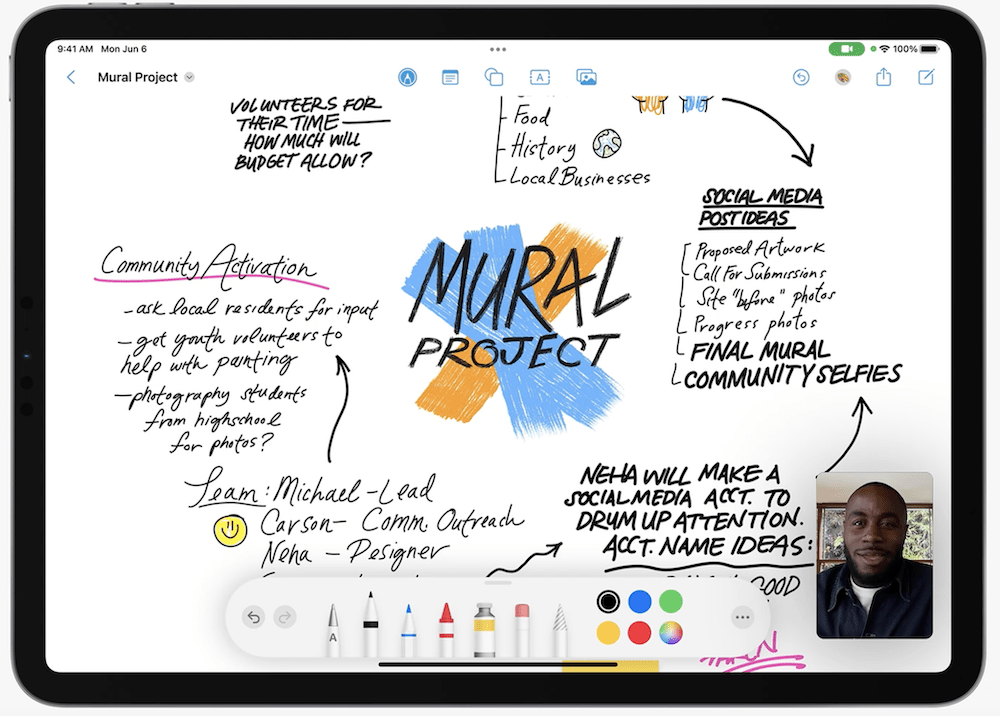When it comes to hybrid work, managers let us down – survey

Two-thirds of employees (64%) claim that poor collaboration is wasting at least 3-5 hours of productivity per week
A new survey reveals that two-thirds of enterprise employees are unhappy with the collaboration systems they use for work, while 41% of them have left or may leave their jobs for a more collaborative experience.
Managers need to come to terms with the hybrid workplace
Workers want management to accept they can do great work from wherever they are.
Corel Corporation this week published its first “Collaboration Survey” in which it found this data.
It also shows that 64% of employees believe poor collaboration is costing them at least 3 hours per week in productivity, with 20% saying they waste as many as six hours per week.
“Collaboration, in terms of how we work together, and the tools we use to do so, is firmly under the spotlight at present,” said Scott Day, Chief People Officer at Corel.
“Prior to the pandemic, we underappreciated how easy it was to collaborate. Now, with the shift to new hybrid models of working, cracks in how we work together have begun to show and the onus is on businesses to actively seek new models of collaboration that suit the way that their employees want to work.”
Hey, manager, leave those kids alone
The survey makes it clear that management is the logjam here.
The survey polled 2,027 office workers from the US, UK, Germany, the Netherlands, Italy, and Australia. It found that while 78% of employees blame poor collaboration within their organization on company leadership, just 27% say their organization hasn’t invested in the right collaboration tools.
I’m not going to put words in the mouth of the report authors, but it sounds like business leaders haven’t figured out the soft skills you need to use to inspire excellence in hybrid teams.
What the report authors do say is that:
“The survey results paint a dim picture for business leaders. We are now at the next stage of work where hybrid working has moved from being an employee request, to an employee expectation. Business leaders need to embrace this change, making a concerted effort to create a working environment that makes it easy for employees to work together–and a critical part of this means investing in the right tools. Failure to do so will see businesses struggle to attract and retain their best talent and they will be at a competitive disadvantage as a result,” said Day.
The report shows some interesting insights:
- 44% felt that virtual meetings were more efficient.
- 41% said they enjoy setting their work hours, and virtual collaboration makes that more feasible.
- 36% say they find it less intimidating to follow up with people virtually.
Celebrate the advantages, don’t be anachronistic
Corel notes that leaning into virtual meetings may make meetings more efficient and more collaborative, fostering flexible working environments that work better for everyone.
“The traditional workforce is built for people comfortable with face-to-face interaction, but not everyone feels comfortable with that—especially if that interaction includes challenging authority or the status quo, or speaking up with a less popular opinion.
“We were heartened to see how many people who are introverted, live with a disability that affects communication style, or simply feel more comfortable behind a screen have benefited from virtual collaboration,” Corel says.
Apple certainly seems to think there are ways to boost remote collaboration — just look at all-new iPad OS 16 feature, Freeform.

The need for employee choice
The need for device and employee choice also remains.
Corel’s report tells us 74% of employees say that the importance of cross-platform capabilities and the ability to collaborate with others on the device of their choosing are “extremely” or “very” important.
I found the survey quite insightful. To me, it absolutely exposes that the part of the workforce most having problems coming to terms with remote and hybrid working practises is management, not workforces.
Throughout the pandemic, workers have proved how productive they can be when management doesn’t get in the way.
Perhaps rather than forcing workers to return to the office, senior management should hire in new managers prepared to optimize productivity and collaboration in hybrid environments?
Perhaps one way to end the Great Resignation is to replace management practises that make employees feel disempowered, stressed out and unheard? To download a copy of Corel’s Collaboration Survey Report 2022, click here.
Photo by Thought Catalog on Unsplash
Please follow me on Twitter, or join me in the AppleHolic’s bar & grill and Apple Discussions groups on MeWe.




